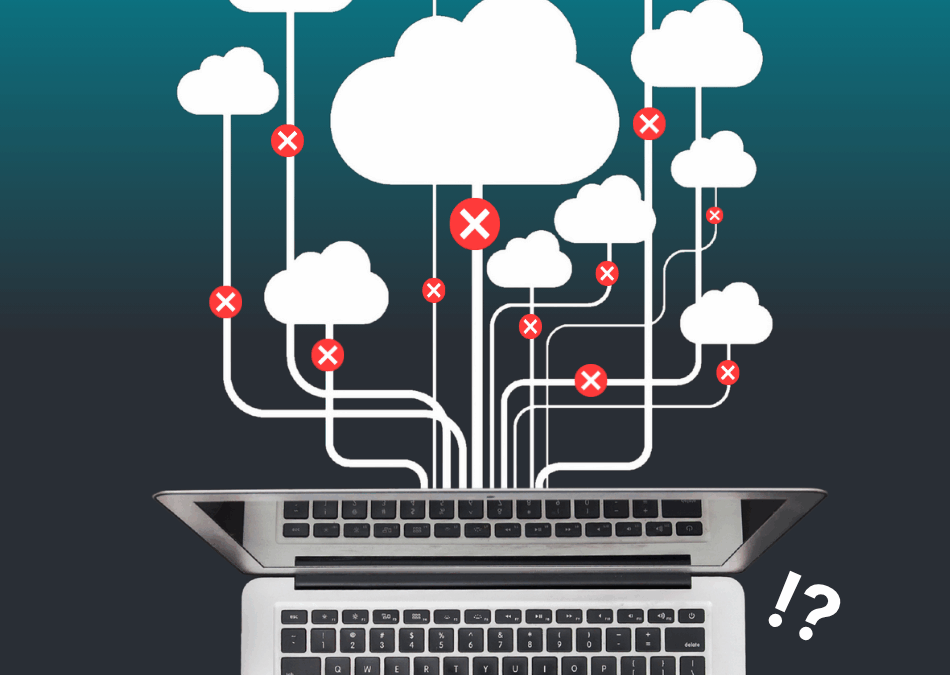When was the last time you had work done out of house?
Outsourcing IT tasks is becoming increasingly common, and taking some of the pressure off your IT department by using external suppliers to handle things is quite all right. However, you need to consider which things to outsource.
Use this article as a simple guiding principle before outsourcing your next IT function.
You should outsource this
#1 Tedious work
Tedious and monotonous tasks are more often than not neither interesting nor value-adding. Lucky for you, there are companies that earn a living from doing such tasks.
You are guaranteed to find a handful of tedious tasks if you scrutinise your IT department. We often find that for example patching and upgrading are some of the major time-consuming tasks in the IT department. The same applies to setting up and installing software in new devices – something that most companies do once every three or four years when the machinery is replaced or as an ongoing task that constantly takes time away from the department.
Outsourcing such tasks often makes sense as they can be handled quicker, cheaper and better by a specialised supplier.
#2 Non-essential work
Ask yourself: ‘Which service does our IT department exist to provide?”
Is your primary function user support? Software development? Or to offer protection against hacker attacks? To put it in a nutshell: all other tasks than your primary function can be done out of house.
Obviously, it’s a matter of finding a balance where the extra administration and bureaucracy that come with outsourcing do not exceed the scope of the task. However, the minute a task that is not your primary function starts taking up a lot of your time, it often pays to look for an external supplier.
You should keep this in your department
#1: Your core service
It might seem obvious. Even so, some IT departments fall into the trap of outsourcing their core task.
But why not simply outsource everything if you have received an appealing quote from a supplier?
Sending your core service to an external supplier is a challenge as you lose control of the end result. You make quality assurance difficult and lose the possibility of marking the service with your expertise.
Therefore: identify your core service and keep it in your department so that you can vouch for the quality.
#2: Data
Do you also find it somewhat difficult to grasp the consequences of the General Data Protection Regulation? You’re not alone. We won’t turn this into a GDPR article, but keeping your data close might be a good idea.
Outsourcing data processing not only involves a number of legal obligations; it also increases the risk of data breaches. When your data is spread across several companies – your own and your suppliers’ companies – you also create more doors that ill-disposed persons can open.
Losing control is an inevitable part of outsourcing, and you don’t want to lose control of something as vulnerable as your data. Unfortunately, hacking and malware attacks have become more common during the last few years. Keep your data secure, and choose only a few and carefully selected partners to whom you outsource data processing.
Although having extensive tasks done out of house might be nerve-racking, it might be the right decision if your supplier is specialised. Outsourcing tedious and non-essential tasks buys you time to provide your core service. The right measures make it possible for you to lift your IT service without adding extra resources.


